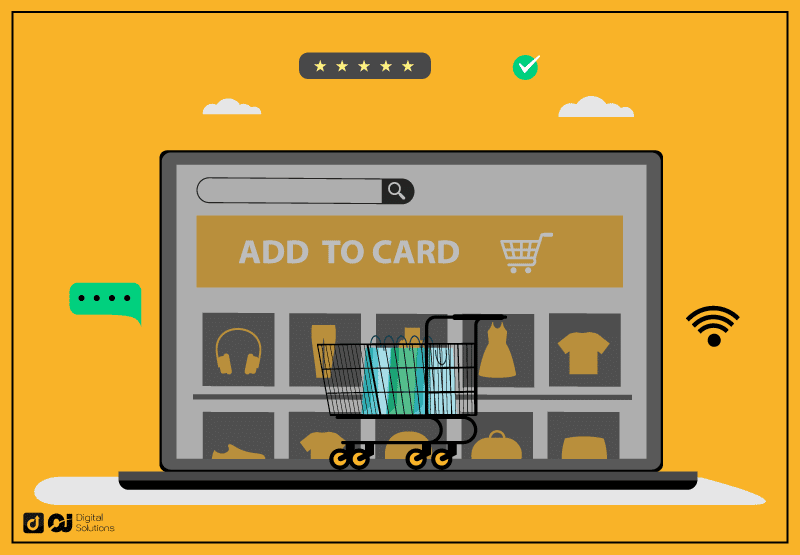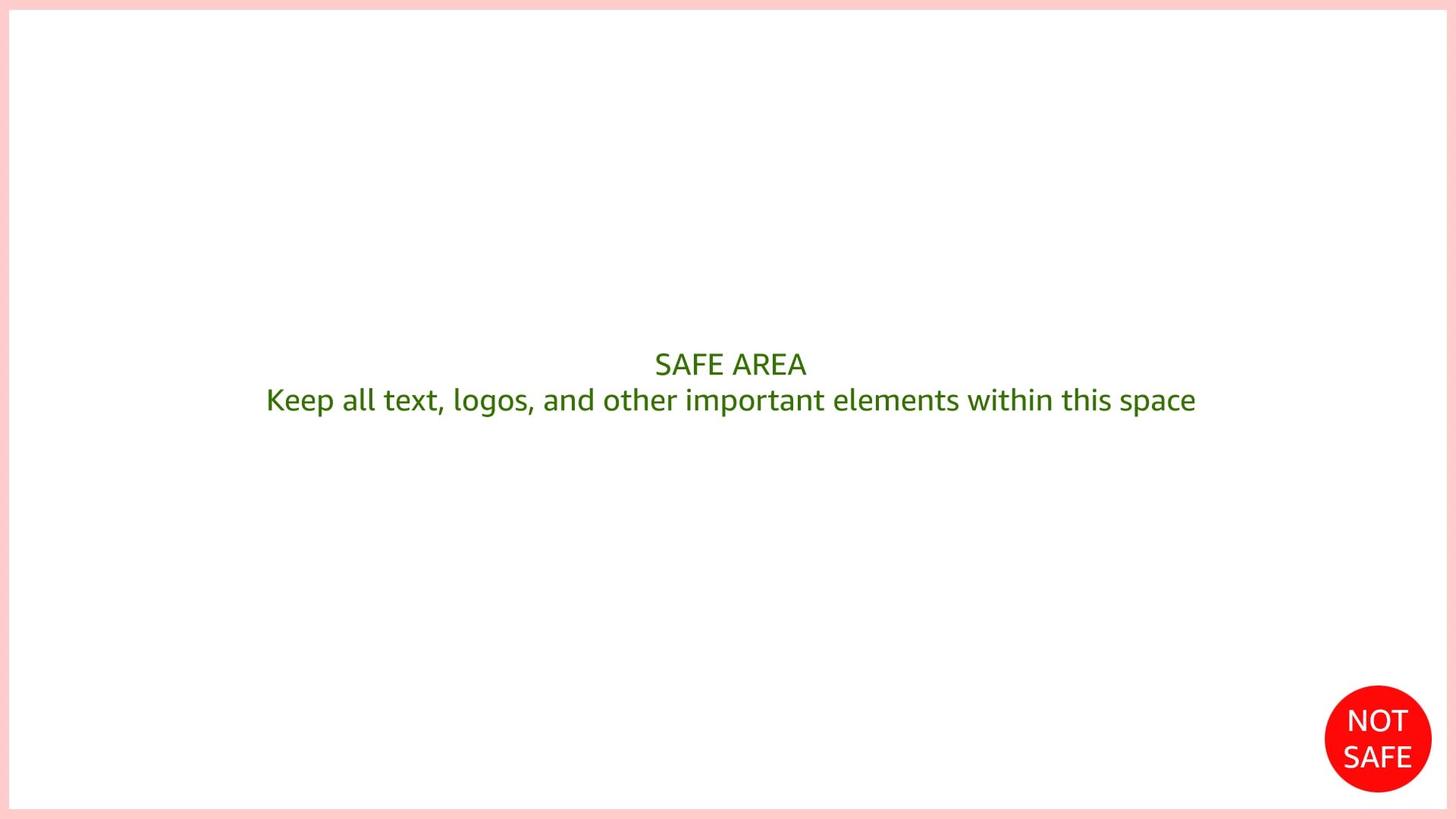
Uber is now offering grocery delivery as a way to cope with the growing demand for COVID-19. The company faces a driver shortage as a result of the pandemic, which leads to higher ride costs. Uber has bought Cornershop, Postmates, Drizly, and other delivery startups to alleviate this problem. In order to address its growing grocery delivery business, Uber should focus on improving its driver quality and service.
Uber's aggressive expansion into grocery delivery
Uber regards grocery delivery as the "next step in growth" and sees it as a growing area. The company has extended its service to Canada as well as Latin America. In addition, it recently acquired the remaining stake at Cornershop in Latin America for $1.4billion. Uber believes it can deliver grocery delivery faster and cheaper than other companies, even though it's a niche market. Uber's platform allows riders to place orders for food with just one click.
Uber has expanded to grocery delivery in more than 400 U.S. towns. The service will compete directly with other grocery delivery providers, so it's important for drivers that they shop around for the best price and make timely deliveries. The company said it does not expect a shortage of drivers. However, the company is working hard at recruiting more drivers to the grocery market. The company indicated that they do not anticipate a shortage of drivers, which could make it harder to find delivery drivers.

Its new features
Uber is expanding its grocery delivery options with new features this summer. The company will allow customers to order groceries even after stores close, and will also let them track the progress of their orders. Customers will be able select their preferred items and have them delivered to their homes using the new service. Users will also be able to view the status of their order, including its current location and the exact time of delivery. It will also offer substitutions and replacements when items go out of stock.
This service will be offered in some areas of the United States during this summer. The company plans to expand into Canada and Latin America. The company will allow customers to select replacements and shop according to weight. These features will likely make grocery delivery easier. The new features will help those who are unable to wait until morning to place orders. While many consumers will likely be excited about the new features, it is unclear whether the service will impact the ride-hailing service.
Its prices
In an effort to expand their reach, Uber is adding a grocery delivery service to their list of services. Uber members are exempt from paying delivery fees. But there are certain limitations, and you must know the details before you sign up. Only stores in their network can order groceries. They may not honor loyalty cards or other promotions. The prices of their service can also vary between regions.
Currently they are based out of the United States. This could change in the future. The company is trying out a new pricing model to make sure customers are satisfied with its service. The availability of drivers will ultimately decide the final pricing. It is possible that this will impact ride-hailing services but it does not seem likely that they will have any significant adverse effects on the service. It is expected to be a major competitor for grocery delivery in the near future.

Its drivers
Although COVID-19 navigation can be difficult for drivers of grocery stores, it's possible to make a decent living as a delivery driver. Uber intends to expand its grocery deliveries services with the launch of its Grocery application. The addition of grocery delivery to Uber's growing list will make it easier for consumers and drivers. Uber isn’t just the largest company in the industry. Amazon and Walmart each have their own grocery delivery service, and all are doubling down in this lucrative market.
They have partnered with many grocers in order to provide grocery delivery in various cities. These services allow you to pick up your groceries from your own home, making it convenient. Uber's grocery app is able to deliver groceries in over 4,000 cities around the world, serving hundreds of thousands of customers. This is a growing trend. Uber wants to capitalize on the popularity and convenience of grocery delivery services.
FAQ
Why it is important to make a shopping list?
The purpose of a shopping list is to help you remember what you need when you go grocery shopping. It will help you not run around the grocery store looking for items that you have forgotten. A shopping list makes it easy to find items if it is not in the right aisle.
In addition, a shopping list will save you money. If you know that you have to buy milk, bread, eggs and butter, you can quickly pick up all the items you need while shopping at the supermarket.
How can I do smart online shopping?
Smart shopping online allows you to save money and not compromise on quality. Here are some tips.
Do your research and shop around. Compare prices and see which store offers the best deal.
Second, you might consider cash back apps like Ebates. They work similar to cashback programs found at physical stores. Based on how much you spend, points are earned when you shop using their app. The points you earn can be redeemed for gift cards or discounts.
Thirdly, look for promo codes. You can search for them at RetailMeNot.com. Enter the code at checkout to get your savings. You will instantly see your savings.
Don't forget clearance sections! Sometimes you will find great deals on high-end brands at a discounted price.
Where can I find coupons to shop online?
There are two ways you can find coupons online: 1. Visit the website of the company where you intend to shop; 2. Search Google to search for coupon codes. Both methods work. However, certain websites may be easier than others.
Why is it better to use credit cards when shopping online?
Credit card companies are offering an array of benefits such as rewards programs, free shipping, cash back, etc. In addition, they offer protection against fraud. There are no fees associated with them, so they're worth considering over debit cards.
Customers who are unable to pay the balance on time also have flexibility with credit cards. Credit cards allow you to shop without worrying about how much money is left in your account.
Can I order clothes online and have them returned?
Absolutely! In fact, shopping online is easier than ever. All major retailers offer free returns. Simply print off a label and drop it in the mail.
But, you won't get a refund until the item arrives. To return the product if you have a different opinion, please let us know.
What about online shopping?
It's important for consumers to know what information they are giving away when they use an online service such as Amazon.com. It is important for consumers to ask themselves whether they are willing to share their personal information with companies like Amazon. If you do not wish to provide this information, you might have to limit your shopping at sites where you feel comfortable sharing private data.
Statistics
- Beyond that, you'll be liable for a 25% import tax. (makeuseof.com)
- Last Black Friday, I bought a stove from Lowes at 40% off, receiving 24 months of interest-free financing (from Lowe's). (meetfabric.com)
- All items on AliExpress have an estimated delivery time on the product page, and it's usually anywhere from 20 to 60 days. (makeuseof.com)
- A report from the U.S. Census Bureau found that in the first quarter of 2022, an estimated $250 billion was spent on retail e-commerce sales.1 (thebalance.com)
External Links
How To
How to shop online securely
Online shopping can be one of the most convenient and cost-effective ways to purchase goods or services. But, convenience comes with a cost. There are benefits, but also dangers to shopping online. Identity theft is the greatest risk. Identity theft poses the greatest risk. Identity thieves may use your personal data (name and address, credit card number, credit card number, etc.) to steal money from your account or obtain fraudulent loans against it. They then make a profit by selling your stolen information on a black market. If you want to stay safe while doing business online, here are some tips to keep in mind:
-
Secure websites. SSL encryption is available for free in most online shops to protect customer information. This means any information entered into their site, such as names, addresses, phone numbers, credit card details, etc., is encrypted so only you can see it. It prevents others from viewing what you put in. Make sure that you have a valid certificate issued from a recognized CA when choosing an online store. When browsing, look for the padlock icon in the URL bar.
-
Keep your password secret. When you first sign up for a new account, you usually receive an email asking you to confirm your email address and/or username. Make sure you don't share these credentials with any third party. Also, don't write them down anywhere because if someone steals your wallet, they could access your accounts too! Save them on your computer instead. Your passwords should be changed at least every three to four months.
-
Keep track your orders. Track your orders if you are sending items to others or yourself. Many people are tricked into believing they have sent something, but it was actually delivered to another person. Always check the tracking number before you pay for shipping. Never ship anything without receiving proof of delivery. Contact the company immediately if you're not satisfied with the service provided.
-
Make sure you know who your dealings with. Many websites will require sensitive information from you, such as your name, date of death, Social Insurance Number, and bank routing numbers. These details will help identify you, so it is important to be cautious about giving them out. Google "what's the need?" to determine if a website has this information. You'll find many solutions.
-
Beware of pop-up windows Pop-up windows can bombard you with offers and special deals from many sites. Some of these ads may seem legitimate, but others are designed to trick you into revealing private information. For example, a fake antivirus program might request your credit card number, social insurance number, and banking information. To avoid being tricked, never click on links that appear suspicious.
-
Beware of Phishing Scams Phishing scams include hackers pretending to work for reputable organizations in order to get financial information from consumers. Phishers will often send emails that appear to come from banks and retailers encouraging customers to log into their accounts and update any information. Once you've given away your information, the hacker has control over your finances. Hackers have the ability to empty your bank accounts or transfer money between accounts. Many resources are available on spotting a phishing scam, including How to Spot a Fake Email Scam.
-
Do your homework. Be sure to read the fine print before you sign anything. It is important that you understand and agree to the terms and conditions of any contract. Take the time to review all terms and conditions carefully. To save money, avoid paying hidden fees.
-
Shop around. Don't be afraid to shop around. Compare prices from different websites until you find a good deal. When ordering multiple items, you can also compare shipping costs. Shipping costs vary depending on the website you use. For fast shipping, it's worth paying an extra.